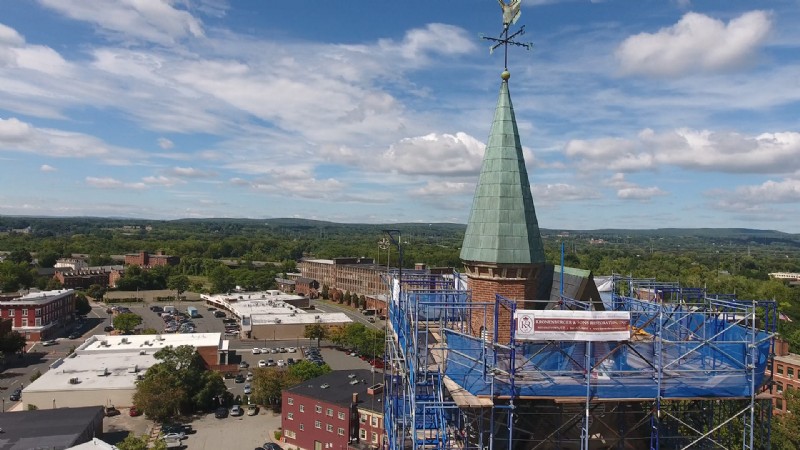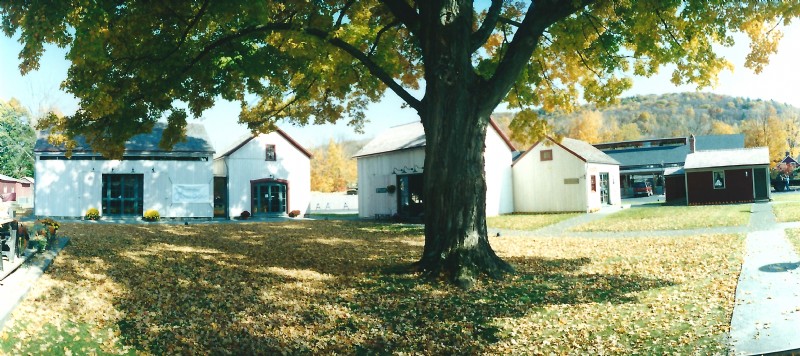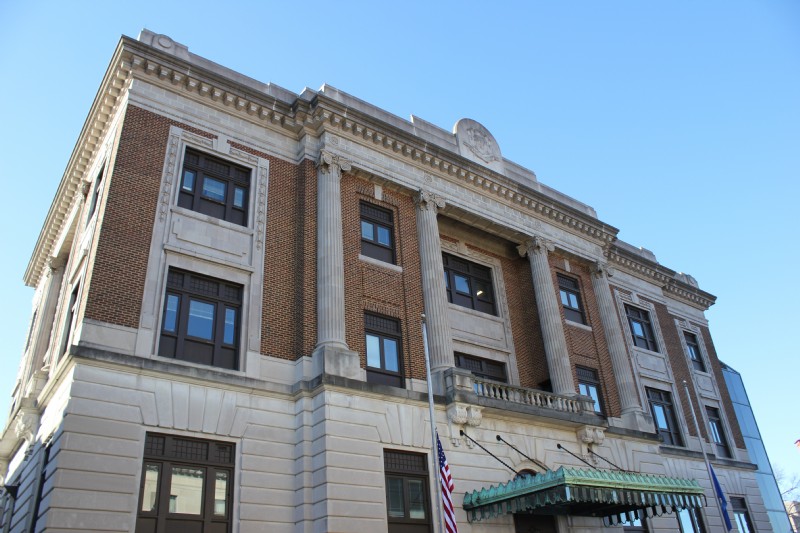Determining how to handle lead-based paint (LBP) should be top of mind before initiating any DIY projects, as well as any work to be done by contractors, that will disturb painted surfaces in an old building.
Please read our Blog: Lead Paint Hazards – What You Need to Know for more explanation on the dangers of LBP, lead poisoning, and lead testing.
The Dangers of Lead
Exposure to LBP causes neurological issues, from memory issues to permanent brain damage. The existence of lead in your home or on a project should be taken very seriously, and the appropriate precautions taken.
Each year, an estimated 1 million people die from lead poisoning. Millions more, many of them children, are exposed to low levels of lead causing lifelong health problems, including anemia, hypertension, immunotoxicity and toxicity to the reproductive organs.
Does My House Have Lead Paint?
Lead-based paint is still present in millions of homes across the U.S. In 1978, the federal government banned consumer use of lead-based paint, but some states banned it even earlier. We like to recommend that if your house was built before 1950 it is very likely that it contains lead paint and you should treat painted surfaces as such.
LBP was most often used inside homes around windows, doors, trim and on painted floors. Deteriorating lead-based paint (peeling, chipping, chalking, cracking, damaged, or damp) is a hazard and needs immediate attention. Lead is disturbed during construction and restoration projects, allowing its deadly dust to move freely to be ingested by humans and pets. Dust from lead paint is the most common way children are poisoned.
LBP issues are not confined to interior areas. Many older exterior paints contained lead. Chips from exterior LBP will poison your soil and potentially your drinking water, gardens or children at play.
To be sure, have your home checked for LBP by a certified, trained professional. At a minimum, pick up a lead home-testing kit at a hardware retailer before beginning any project where old paint will be disturbed
How to Handle LBP
Old LBP is often under layers of newer paint. If the surface paint is in good shape, the lead-based paint is usually not a problem. LBP does not present a hazard when intact and in good condition. As soon as its condition deteriorates or it is disturbed through scraping, sanding or drilling it becomes poisonous.
When undertaking projects on painted surfaces, disturb older paint layers as little as possible and never use a belt sander, torch or heat gun over 1100 degrees. Never dry scrape or sand LBP surfaces. Also do not use a paint stripper with methylene chloride. When you create lead dust, it will penetrate your entire home and create serious hazards long after your project is complete.
Projects in Home with Lead-Based Paint
Handling LBP abatement is best left to the professionals. Trained, licensed professionals. We are always shocked how many contractors today still disregard LBP hazards, both during project work and concerning its disposal. If you have a contractor look at a project in your older home that will disturb painted surfaces and they do not mention how they handle any LBP, that should be a serious red flag.
At Kronenberger & Sons, we have very specific guidelines and protocols we follow when working on projects with hazardous materials including lead.
Before you begin a project involving older painted surfaces, seal off work areas with 6-mil plastic taped securely over all openings. Keep dust to a minimum with wet-sanding techniques, and clean up with HEPA (high efficiency particulate air) filtration vacuums. Regular vacuums will spread lead dust particles further. Also, turn off forced-air heating systems and air conditioning, and completely seal their vents with 6-mil plastic.
Always wear a HEPA filter respirator mask, properly fitted, while working. Do not eat, drink or smoke in the work area, and wash hands often. Remove all your clothing before leaving the work area, and wash this clothing separately from other clothing. Leave work shoes behind in the work area so you do not track lead dust to “clean” areas. Thoroughly wash all surfaces throughout the project, and clean and wash extensively at its conclusion before opening the area back up to family traffic.
Caring for a Home with Lead-Based Paint
If you are concerned about LBP and its dust in your older home, aside from a restoration project that may disturb it, there are many steps you can take to reduce your exposure. Always thoroughly wash all surfaces, particularly floors, window frames and sills, weekly. Do not allow children to play around windows and door frames, stairs, or railings. Always clean up any paint chips immediately. Wash your hands and those of children in the home often, especially before you eat. Anyone with an older home is wise to invest in a vacuum that has a HEPA filtration system built in.
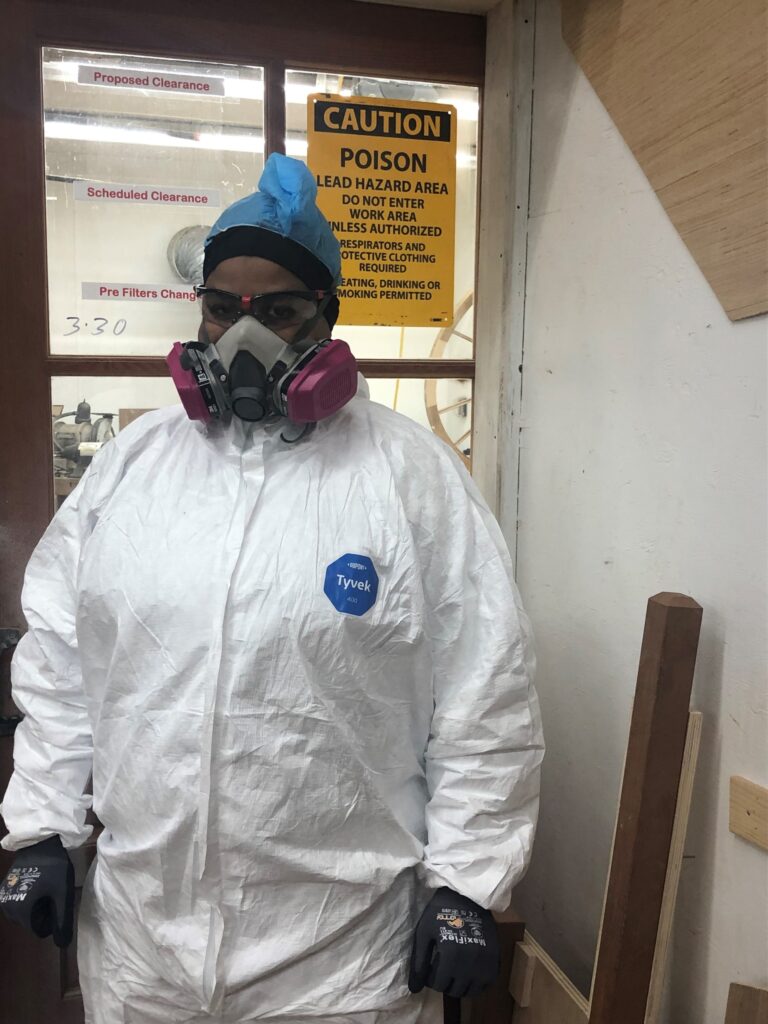
How Kronenberger & Sons Handles Lead-Based Paint
At KSR, we are a fully licensed and certified lead abatement company. We take all lead precautions on the jobsite, as well as in our Shop. We have a Clean Room in our shop where LBP is stripped and disposed of before woodwork and window repairs are completed.
Additionally, our team undergoes the following safety practices:
- Every new hire at Kronenberger & Sons receives a physical examination complete with pulmonary and blood testing to establish a baseline BLL.
- Employees go through complete safety training.
- We check for employees BLL every 6 months to make sure that it hasn’t risen.
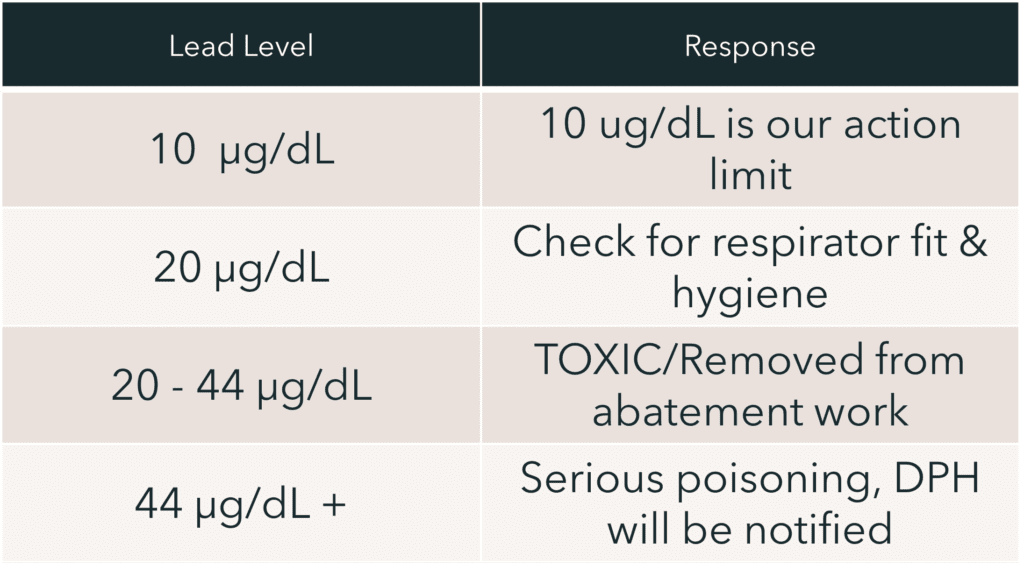
What To Do Next
If you are planning any projects on your older home or building, please read our blog: Lead Paint Hazards – What You Need to Know
For more on our Lead Safe Practices please read our blog: Lead Paint & Hazardous Materials – How We Keep Everyone Safe
For more information call the Lead Hotline at 1-800-424-LEAD or go to EPA Lead.

